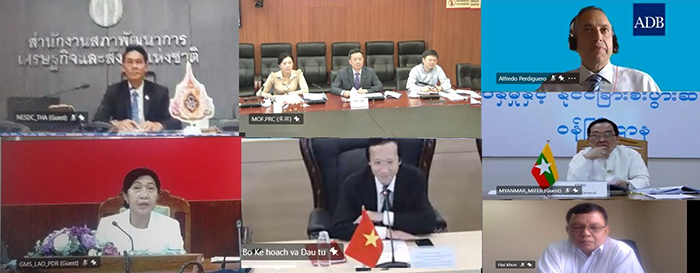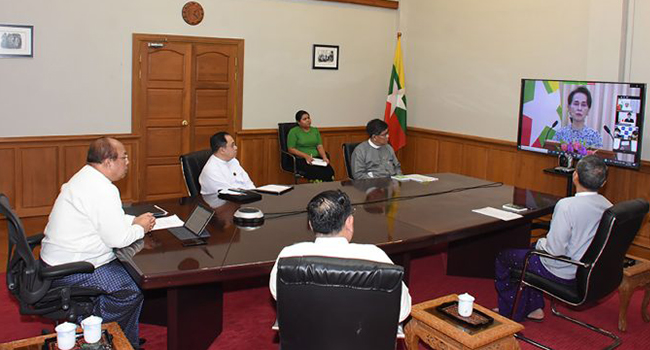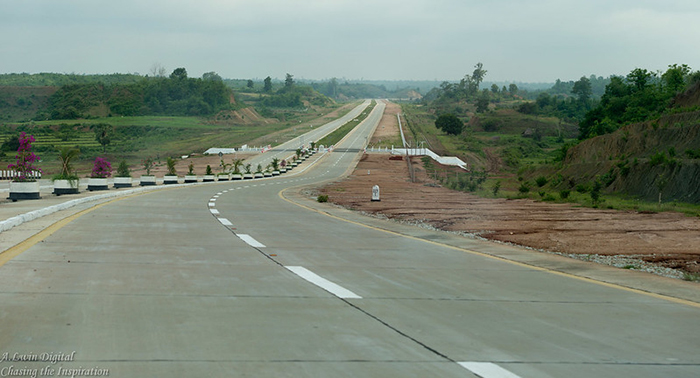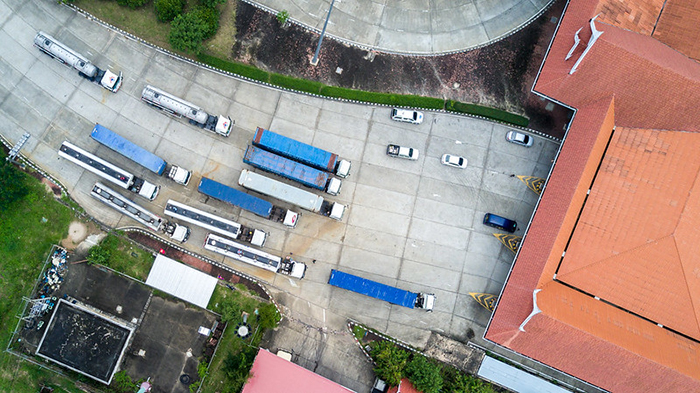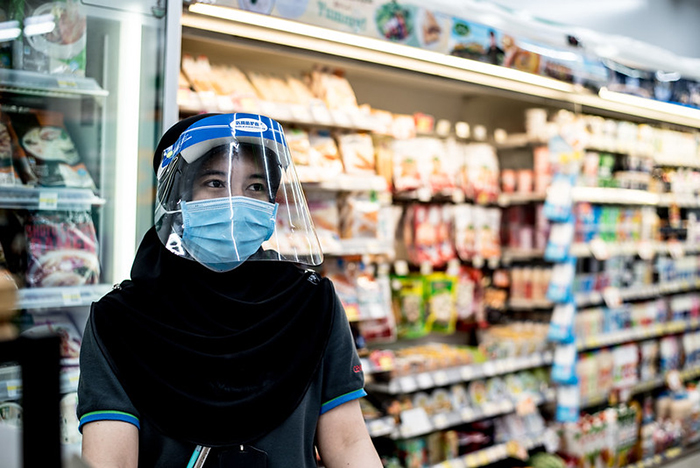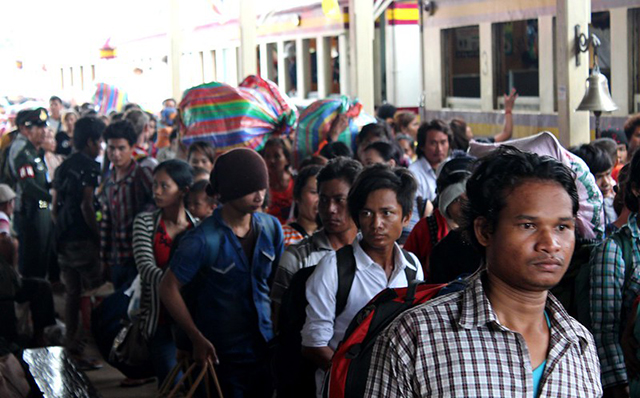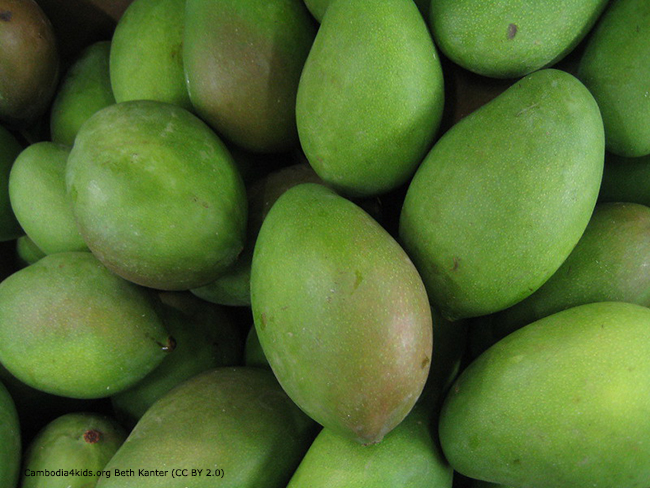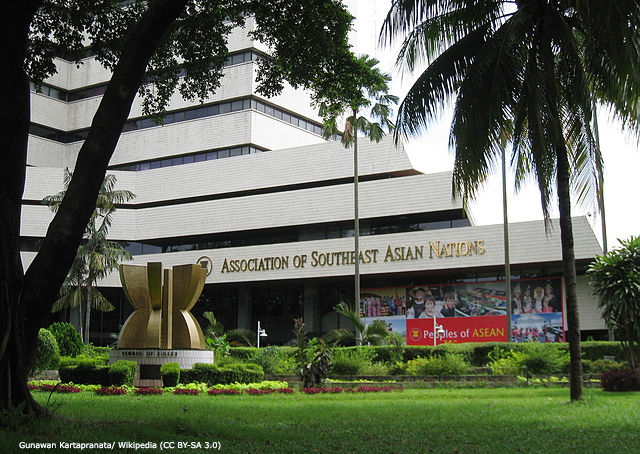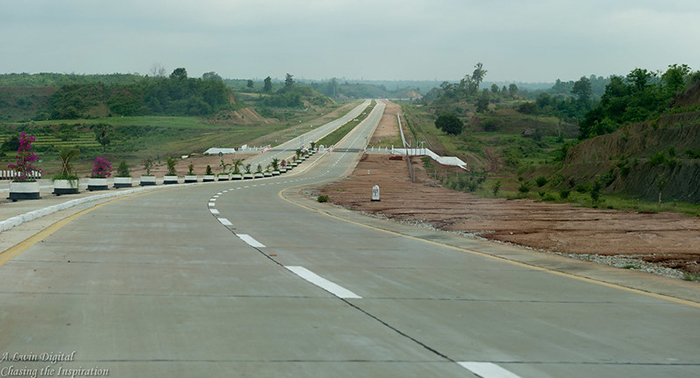
The Bago-Kyaikto expressway will link to the Yangon-Mandalay highway (in picture). Photo by ALwinDigital (CC BY-NC-ND 2.0).
$484 Million ADB Loan to Fund New GMS Expressway in Myanmar
The Asian Development Bank (ADB) has approved a $483.8 million loan to build a 64-kilometer (km) expressway connecting the capital of Bago region and the township of Kyaikto in Mon state in Myanmar and support economic development along the Greater Mekong Subregion (GMS) East–West Economic Corridor.

